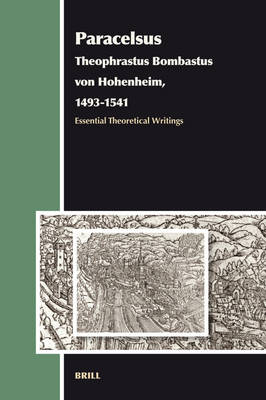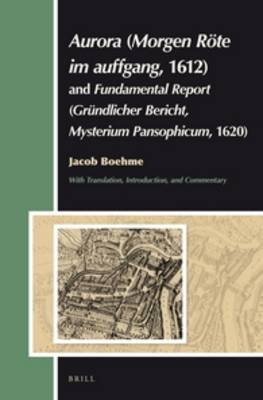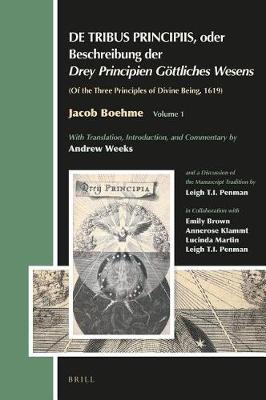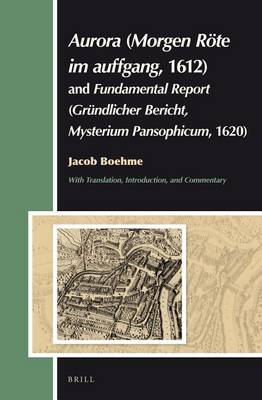Aries Book
3 primary works • 4 total works
Book 5
Paracelsus (Theophrastus Bombastus von Hohenheim, 1493-1541)
by Andrew Weeks
Published 12 December 2007
The daunting writings of Paracelsus-the second largest 16th-century body of writings in German after Luther's-contributed to medicine, natural science, alchemy, philosophy, theology, and esoteric tradition. This volume provides a critical edition of essential writings from the authoritative 1589 Huser Paracelsus alongside new English translations and commentary on the sources and context of the full corpus. The Essential Theoretical Writings incorporate topics ranging from metaphyics, cosmology, faith, religious conflict, magic, gender, and education, to the processes of nature, disease and medication, female and male sufferings, and cures of body and soul. Properly contextualized, these treatises yield rich extracts of Renaissance and Reformation culture, soundings of 16th-century life, and keys to an influential but poorly understood early modern intellectual tradition.
Book 16
Jacob Boehme's Aurora (Morgen Roete im auffgang, 1612) exercised a vast open or underground influence on popular and mystical religion, poetry, and philosophy from Germany to England to Russia. This beautiful and highly original work containing elements of alchemical, esoteric, and anticlerical thought is a portal to the cultural, scientific, and theological currents on the eve of the Thirty Years' War. Its author heralded the new heliocentrism, opposed intolerance and religious conflict, and entertained an ecstatic vision of order reconciled with freedom. This first modern English translation places the translated text opposite an edition of the German manuscript from the author's own hand. Also included is the brief, influential Fundamental Report (Grundlicher Bericht, 1620) in a critical edition and translation. An extensive commentary that cites documents of the time offers access to the sources of Boehme's themes and concepts.
Book 26
de Tribus Principiis, Oder Beschreibung Der Drey Principien Goettliches Wesens
by Andrew Weeks and Leigh Penman
Published 25 March 2019
Jacob Boehme's Of the Three Principles of Divine Being, 1619, is vital for understanding his work as a whole, its relationship to its epoch, and its role in intellectual history. Reproduced here using the methods of critical edition, the original of the work and its adjacent translation, together with an extensive introduction and commentary, provide unprecedented access to this essential work of early modern thought and cast a fresh light on the revolutionary theological, philosophical, and scientific developments coinciding with the start of the Thirty Years' War.
The 1730 edition is annotated with reference to the manuscript sources to clarify ambiguities so that the translation can interpret the text without refracting its meaning. This makes it possible to interpret Boehme's complex theories of the origin of the divine being and of nature, the human creature, and the female aspect of divinity.
The 1730 edition is annotated with reference to the manuscript sources to clarify ambiguities so that the translation can interpret the text without refracting its meaning. This makes it possible to interpret Boehme's complex theories of the origin of the divine being and of nature, the human creature, and the female aspect of divinity.



